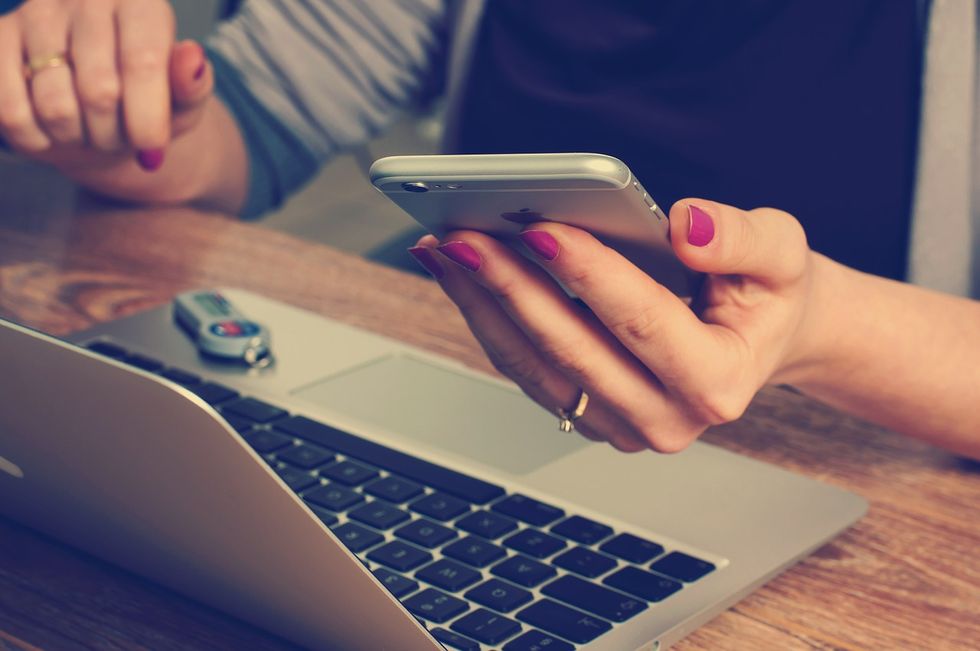If you're like most people in the U.S., you rarely go anywhere without your phone. Children are told they are bad for them, yet they are used throughout the day by their parents. These pocket-sized supercomputers connect people and entertain them. However, when it comes to your health, it isn't quite clear whether they are good or bad for you.
Through applications, smartphones can do almost anything. They can work as GPAs, MP3 players, game consoles. There are even many apps that promote your health. Your phone may help you eat better via a food journal app or a website for healthy recipes. You can keep track of what you eat easily and conveniently. A study has shown that people who used their phones instead of pen and paper were more likely to stick with their diet plan. Phones can also be used to track your physical activity. Apps are quite accurate in step counting and distance measurements. They can give you instant feedback and help you set your fitness goals. Listening to music while exercising is super easy to do with your phone. Just a tap away, you can download calming music or something to help motivate you. Music has been proven to also lower stress levels.
However, your phone can be a distraction. Whether driving or walking, pack away your phone. Having your phone out makes it less likely for you to pay attention to your surroundings and lower your reaction time, making you more prone to crashing. Your phone may also make you anxious. Keeping up with social media, messaging and other alerts can be overwhelming. One study found students that were heave cell phone users to be more unhappy and anxious. This may also be because of the sleep disruption. Checking your phone at night will wake you up and the artificial light from the phone may disrupt your body's natural sleep cycle.

















